Bitcoin is all about understanding and managing your own risk and trust be that the decision to run a node or not, use a light wallet or not, a company node/wallet or not. You also have to decide who you will give your business to, and what risk you're willing to expose yourself to when engaging with Bitcoin services.
With that in mind let's conceptualize a few different kinds of Bitcoin services so we know to look out for them and can make educated choices as consumers.
The Low Trust Service
This is a bitcoin service delivered in a low trust manner where the bitcoin user need only utilize software they run and control for the services and can protect themselves from malicious third parties with very little trust or consequence from peers. This is the gold standard of Bitcoin service. Examples include lightning routing, lightning liquidity marketplaces like pool, coinjoins like joinmarket, coinswaps, submarine swaps like loop and others.
When at all possible this is the kind of service you want to run. Many services and contracts, in Bitcoin or layers, will claim to be low trust - even decentralized (which isn't all necessary for a business, they are supposed to be centralized!) - but very few are. Ask yourself what recourse you alone have against fraud and what fraud would be possible. For example in lightning you protect yourself from fraud by watching the blockchain and storing proof of your off chain transactions you can broadcast at will. You have responsibility (watch the blockchain) and recourse (publish transactions proving fraud and claim balance). The risks revolve around your own capacity, time delays locking up your coins, and other general inconveniences not impacting your custody.
Trust The Service Will Be Provided
This is your typical business or website where you pay for the good or service before you get it and have little to no recourse if the service is not provided. Pretty normal, you're risking whatever you're spending in a transaction. Examples include every merchant business accepting bitcoin, the merchants using BTCPay Server and non-custodial exchanges like bullbitcoin. This is also a very good model with limited risk, but often little recourse.
The Federated Trust Service
This is a bitcoin service which spreads responsibility across a number of actors for success or failure. It's not nearly as good as trusting yourself and relies on third parties to protect your interests. Examples include Liquid, RSK peg, Multisig custodians, BISQ escrow. These services often delve into shitcoins and when they do should be avoided like any other. The risk in these cases is often not exceptionally limited, include custody, and your recourse relies on third parties if any exists at all.
The First Party Custodian
This bitcoin service relies on only itself. It often prides itself on this self reliance, boasting a lack of third parties and self custody. River Financial is a good example. If you can trust the one business, these can be quality services. They can also be horrible rug pulling scams. The risks in these custodians are similar to a federated service, but only trusting one party. As with all custodians at and below this point the correct answer is don't use a custodian.
The 3rd Party Custodian
This is a bitcoin service which relies on a third party custodian, like Prime Trust. Examples include Strike and Swan among many others. While both are Bitcoin only companies, the custodian they rely on holds over 70 shitcoins. These kinds of services can be dangerous because they can appear to be very bold Bitcoin only companies, but on closer inspection you will find they don't self custody - a central tenant of a good Bitcoin participant in the space, user and business alike. This can expose users to all kinds of risks and broadens the number of actors exposing users to risk, even if it's not just custody. For example Kraken just leaked user data via a Zendesk leak. This is why evaluating who you are trusting is important and I make these specific examples to illustrate why you can't take even well respected community members at their word you need to evaluate for yourself - are you trusting them or a tower of service providers? Other Examples on the more severely negative end of this description include lending platforms like Blockfi and Celcius, where the tower of third party dependency extends through custodianship and lending and other abusive business models. These businesses can run the gamut from moderately acceptable to horrible run for your life - depending largely on the complexity of the tower of 3rd party dependency and the severity of risk each party exposes you to.
The Shitcoin Casino
This isn't a Bitcoin service at all, it's a public harm. These are exchanges which service and host scams, exposing their users to the custodial risks of their shittiest shitcoin. They often print their own shitcoins. They lure users in with too-good-to-be-true fees. They should be avoided at all cost. Examples include FTX, Coinbase, Binance, Kraken, Gemini, KuCoin, and many many others. Most others. I won't be linking them because you shouldn't use them.
TL;DR:
As you evaluate what kind of businesses and services you want to use, what risks you're willing to expose yourself and your coins to, and hopefully even what kind of businesses you want to encourage in this space - consider all your options. Not every service has made the same trade offs or requires the same trust. Consider minimizing your exposure to this "contagion" and not only get off exchanges and custodial services, but reevaluate the services we're doing business with in the first place. Avoid shitcoin custodians and services. Use lower trust solutions. Let's do more diligence on who we are trusting and how.
[link] [comments]

You can get bonuses upto $100 FREE BONUS when you:
💰 Install these recommended apps:
💲 SocialGood - 100% Crypto Back on Everyday Shopping
💲 xPortal - The DeFi For The Next Billion
💲 CryptoTab Browser - Lightweight, fast, and ready to mine!
💰 Register on these recommended exchanges:
🟡 Binance🟡 Bitfinex🟡 Bitmart🟡 Bittrex🟡 Bitget
🟡 CoinEx🟡 Crypto.com🟡 Gate.io🟡 Huobi🟡 Kucoin.






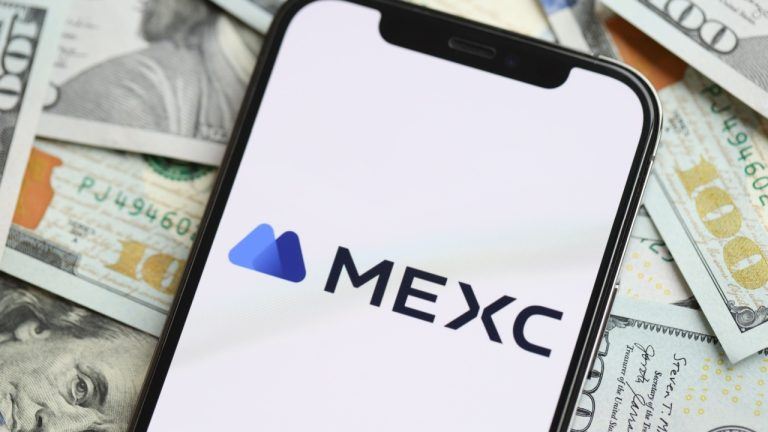
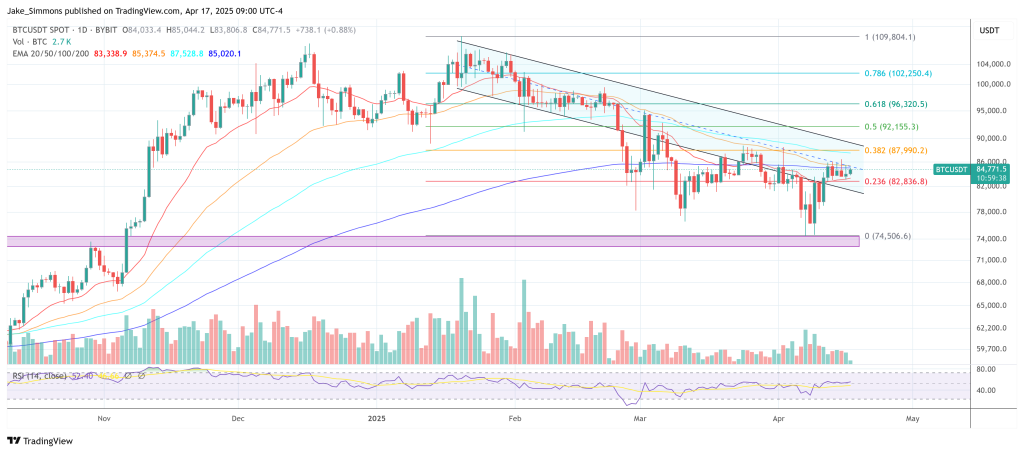


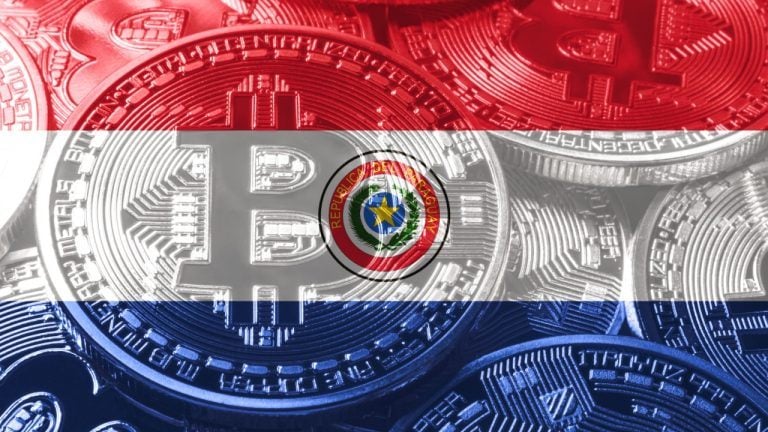


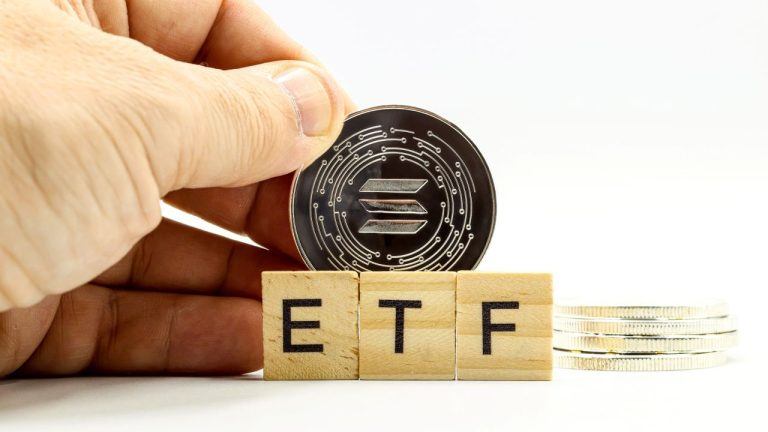





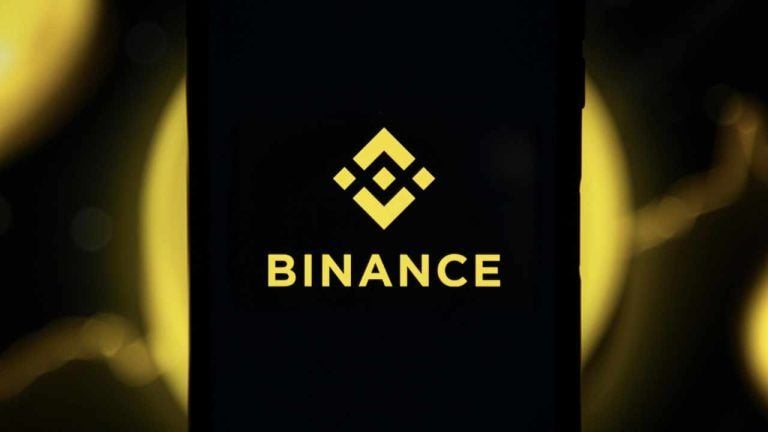
Comments